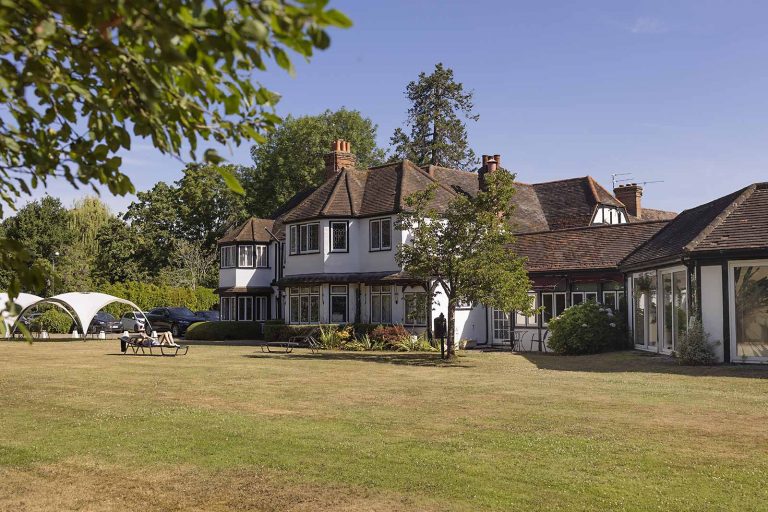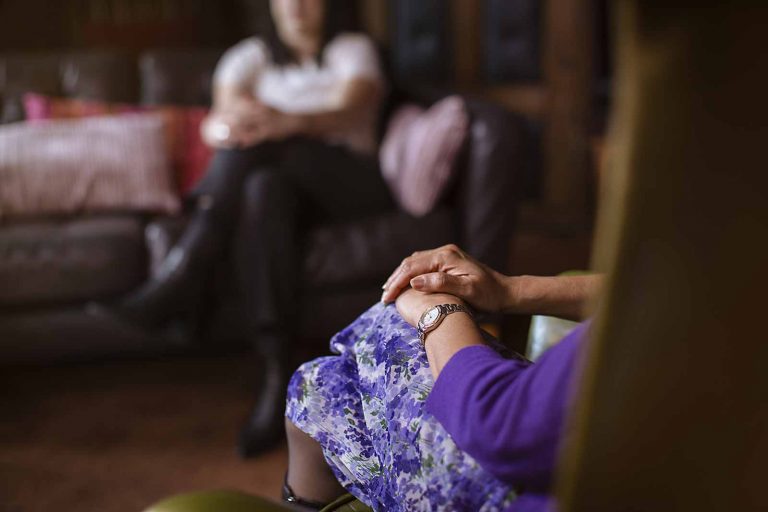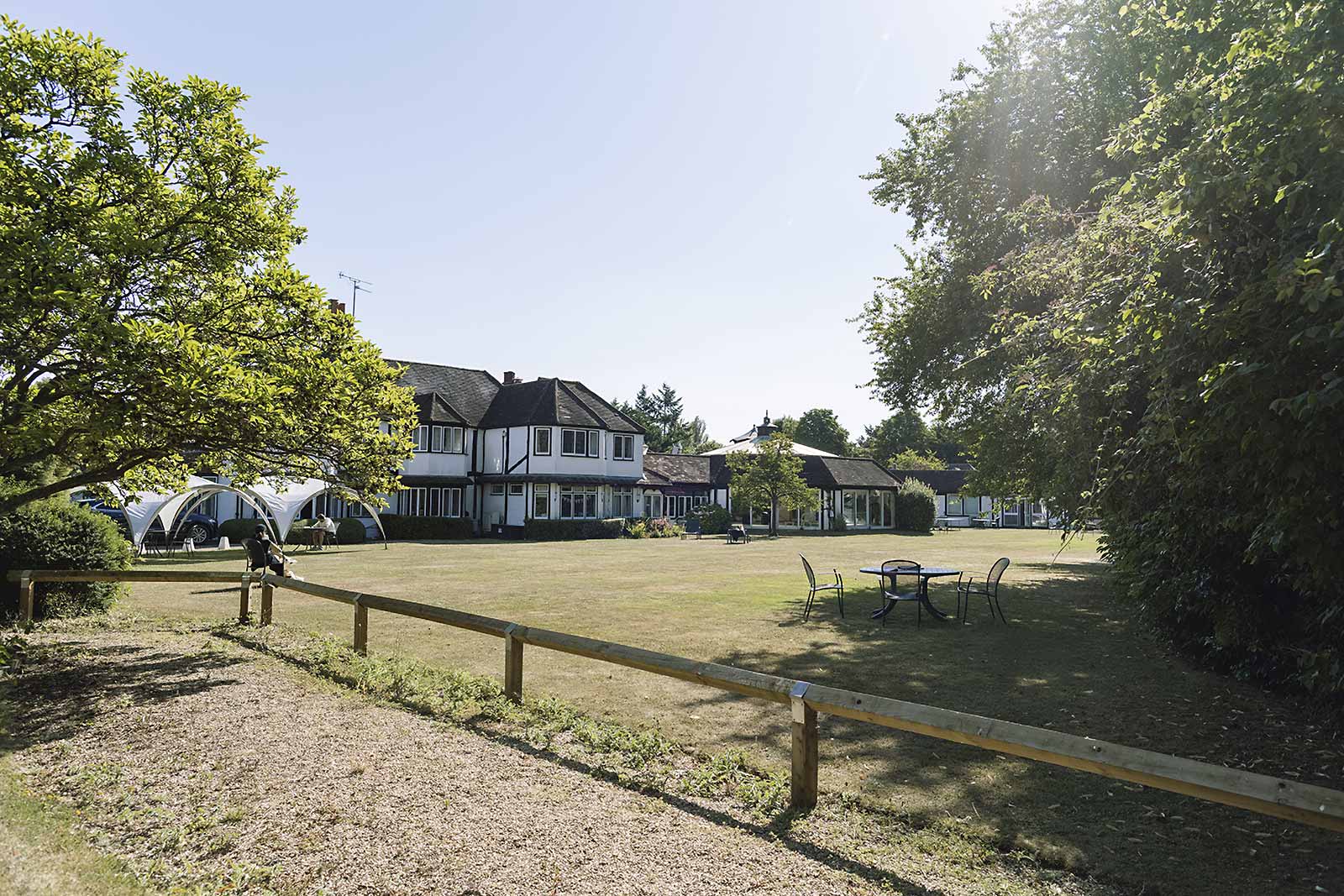ADHD
What is ADHD?
Attention Deficit Hyperactivity Disorder (ADHD) often goes unrecognised in childhood but as an adult can hamper everything from careers to relationships. You may find it difficult to focus your attention on a task or sitting still for long periods of time.
ADHD symptoms in adults differ considerably from those found in children. Adults present with attention issues including difficulty with planning, follow-through as well as organisational problems.
Every day tasks can be a challenge and difficulty focusing and prioritising can lead to missed deadlines and forgotten meetings or social plans. The inability to control impulses can range from being impatient in a queue or driving in traffic, to mood swings and outbursts of anger.
Typically symptoms start in childhood and present in the following ways.
Symptoms of ADHD
- Impulsiveness
- Disorganization and problems prioritizing
- Poor time management skills
- Problems focusing on a task
- Trouble multitasking
- Excessive activity or restlessness
- Poor planning
- Low frustration tolerance
- Frequent mood swings
- Problems following through and completing tasks
- Hot temper
- Trouble coping with stress
Causes of ADHD
ADHD is a neurodevelopmental disorder in children. The factors that may be included in the development of ADHD include:
- Genetics – ADHD may run in the family
- Environment – certain environmental factors may increase risk, such as lead exposure as a child
- Developmental – problems with the central nervous systems developing at key points
Treatment for ADHD
Standard treatments for ADHD are likely to include medication to reduce the psychological symptoms and psychological therapy to teach coping skills and provide education about the condition.
Diagnosis of ADHD can be difficult as symptoms can be similar to those caused by other conditions, such as anxiety or mood disorders. If the symptoms continually disrupt your life then you may like to seek a formal diagnosis. Cardinal Clinic can provide an initial appointment with a consultant psychiatrist, they will advise if further testing is required and the associated fees.
We can also provide ADHD assessments for young people under the age of 18 via our child and adolescent team.




Medication for ADHD
There are currently two types of medication for ADHD:
- Stimulants
- Non stimulants
Stimulants are usually the first medication to be prescribed and are effective in approximately 80% of people. They provide a short term benefit after each dose but are not a cure. They create a short period where you can concentrate, be less impulsive, feel calmer and learn and practice new skills.
Non stimulants work in a different way to stimulants and increase the amount of noradrenaline which is a chemical in the brain. This increases alertness and speeds reaction time.
Therapy approach for ADHD
Cognitive Behavioural Therapy (CBT) can be beneficial as it can help you change the way you look at things, which in turn alters your behaviour. Your therapist will encourage you to talk about the diagnosis and your condition and help you cope.
Outcomes
There is no cure for ADHD but a combination of medication and therapy can provide real benefits in coping with the condition.
We're here to help you
Call Cardinal Clinic on 01753 910729
Or refer yourself for care, make an enquiry
or arrange a free nurse consultation via our
help hub.
A calm environment dedicated to your care
Rated ‘Outstanding’ for care and overall ‘Good’ by the Care Quality Commission, Cardinal Clinic works tirelessly to offer an elevated patient experience from exquisite and fresh chef-prepared meals, to comfortable and relaxing accommodations. Situated in a private estate in the heart of Windsor’s green belt, residential in-patient care, day care and out-patient services are offered.


